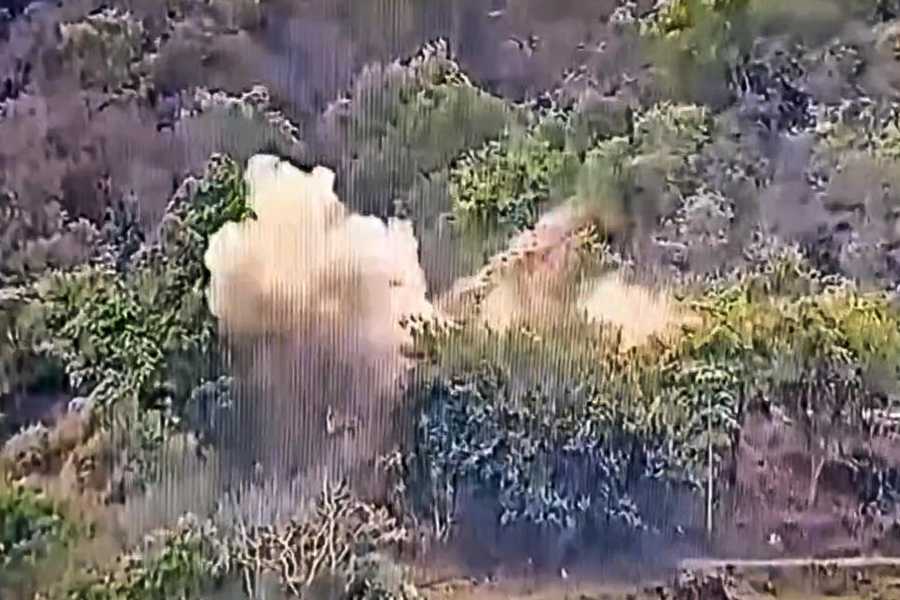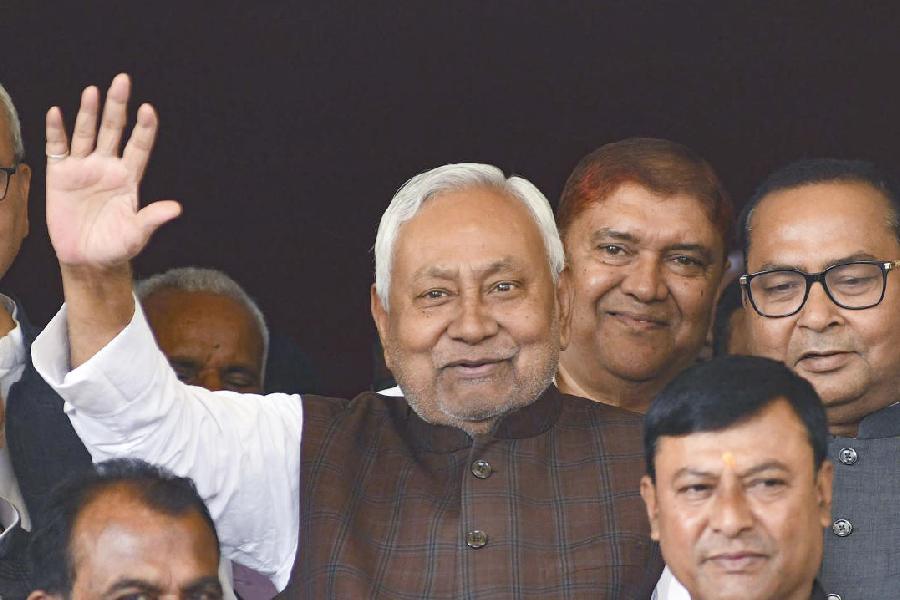The Indian army inflicted heavy casualties and substantial damage to Pakistan’s military infrastructure during Operation Sindoor, a senior defence official said on Monday.
Brigadier Mudit Mahajan, Commander of the Poonch Brigade, told reporters that the operation had not only resulted in significant Pakistani losses in terms of personnel and assets but had also dealt a severe blow to the morale and credibility of the Pakistan Army.
“Pakistan Army’s losses were not just in numbers, but also in morale and initiative. Today, they have lost credibility before their own people,” Brigadier Mahajan said to ANI, adding that Indian forces had imposed “heavy numbers” of both fatal and non-fatal casualties.
“The numbers are only adding up with each passing day. Operation Sindoor is not over — it only remains suspended for the time being,” he said.
The Indian Army had carried out coordinated precision strikes on terror infrastructure in Pakistan and Pakistan-occupied Kashmir (PoK) early on May 7 in response to the Pahalgam terror attack that killed 26 people.
According to officials, nine terror camps were neutralised during the operation, six of which were located opposite the Poonch, Rajouri, and Akhnoor sectors.
Defence minister Rajnath Singh had informed that over 100 terrorists were killed in the strikes.
“Poonch Brigade was not just a part, but the heart of Operation Sindoor. It was engaged in intense and continuous operations to blunt and respond to the unprovoked aggression by Pakistan. We did not wait to react,” Brigadier Mahajan said.
The situation escalated when the Pakistan Army began targeting civilian areas. In response, the Indian Army shifted its focus to military targets, hitting Pakistani bases, fuel storage facilities, and communication centres with precision strikes, according to multiple reports.
Officials told PTI the Indian Army’s air defence units effectively intercepted multiple aerial threats, including swarm drones.
A senior Chinar Corps official said the Pakistan Army had used heavy weaponry and aerial platforms during the flare-up, but failed to inflict any damage on Indian military positions.
“Our retaliation was so intense and targeted that it will take the Pakistan Army at least 8–12 months to rebuild its destroyed infrastructure in Leepa Valley,” the official said during a media visit to the Tangdhar sector in Kupwara district.
At least three forward posts, an ammunition depot, fuel storage facilities, and gunnery installations were destroyed by Indian strikes in Leepa Valley, the official said to the PTI.
Sources also said that intercepted communications from across the Line of Control (LoC) revealed panic within Pakistani ranks. In one such message, a Pakistan Army officer was heard instructing troops from inside a mosque to “save lives first; offices can reopen later.”
Officials estimate that 64 Pakistani military personnel were killed and 96 others injured in the retaliatory strikes carried out by the Indian Army between May 7 and 10.
“Our response was calculated, and it follows a 1:3 ratio. For every ceasefire violation, we respond threefold,” a senior officer said.
Hostilities between the two sides were brought to a halt on May 10 following four days of intense exchanges. Indian officials maintained that the Army acted with precision and restraint throughout the operation.










